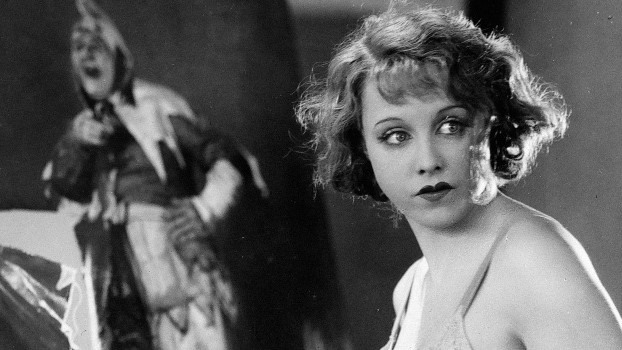Blackmail (1929)
Alfred Hitchcock's "Blackmail"
Often considered by many to be the United Kingdom's first talking film, Alfred Hitchcock's 1929 film "Blackmail" actually had a silent version play in theaters and even brought in higher profits than the talking version. This is largely due to movie theaters in the UK not being able to support sound pictures. Hitchcock was skeptical about the use of sound in films, but agreed to film the picture anyway. It was recorded on RCA's Photophone 'sound-on-film' process. Despite the silent version being the more popular version at the time, many who watch the film today will watch the talking version.
The film continues in Hitchcock's recurring themes: murder, mystery, and wrong conviction. It follows a young woman named Alice who defends herself from a rapist and kills him in the process. She runs and hides the evidence. However, her boyfriend, who happens to be a Scotland Yard crime scene investigator is tasked with the murder case. Not only does he find out she was in another man's apartment, he finds out she murdered him. He attempts to cover this up by hiding one of her gloves found at the crime scene. However, an unknown man with the other glove blackmails the two. When police discover that this unknown man was at the scene that night, they issue an arrest warrant. The innocent man flees from police, falling to his death in the process.
Despite being based on a 1928 play by Charles Bennett, the film is every bit a Hitchcockian thriller. After the girl murders her would-be rapist, she anxiously hides in plain sight as everyone around her discuss the murder. The threat of capture creates an anxiety within the viewer, especially when more and more people become privy to the knowledge.The film is an anxiety piece with a murderer evading capture at the center.
With the new sound technology, Hitchcock is able to use it to his advantage. Of course, he uses sounds to elevate the anxiety within the film. One example of this is when Alice is in her parents' shop the morning after she murdered the would-be rapist. A patron of the shop is going on and on about the murder from the night before and how the killer used a knife. Hitchcock heights the sound everytime the woman says the word 'knife' until, eventually, the only word audible is the word 'knife' as it sharply pierces our ears at every utterance. This repeated and harsh focus on the word mirrors the subjective anxiety of Alice, as she too is focusing in on the word. Her paranoia and guilt can be felt through Hitchcock's use of sound.
The film was a massive success in 1929 in the UK. Based on a public poll, many called it the best UK picture from that year.
Writer's Personal Feelings: Although the film can be a bit suspenseful at times, it doesn't satisy contemporary expectations for suspense. The anxiety and guilt of Alice are interesting and Hithcock exploits those anxieties in interesting ways. However, the film does not get me on the edge of my seat. The truly intesteing quandry comes at the end when she must decide whether to turn herself in. Does her moral guilt outweigh the innocent and defensive nature of the crime? Rating: 5/10




Comments
Post a Comment